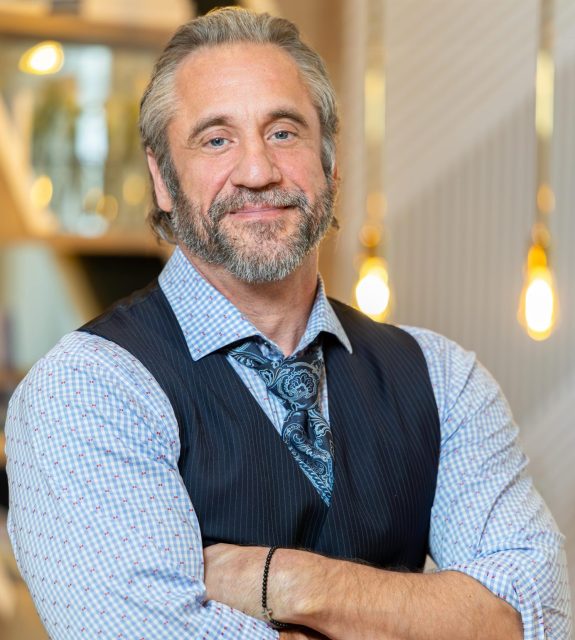In 2009, the world was introduced to the remarkable story of Michael Oher through the heartwarming film “The Blind Side.” Immortalized on the big screen, the narrative revolved around Oher’s supposed adoption by the Tuohy family, who pulled him from the clutches of poverty and guided him toward success in the NFL. However, recent developments have shaken the foundation of this touching tale.

Retired NFL star Michael Oher filed a petition in a Tennessee court, alleging that a central element of his story portrayed in “The Blind Side” was a fabrication concocted by the Tuohy family to enrich themselves at his expense. The 14-page legal document filed in Shelby County, Tennessee, probate court, contends that the Tuohys never adopted Oher, but instead, they obtained conservatorship over him shortly after he turned 18, granting them control over his business dealings. As reported by ESPN, Michael discovered the lie in February of 2023, becoming aware that the Conservatorship to which he had agreed with the understanding that it would integrate him as a member of the Tuohy family, did not actually grant him any familial connection with the Tuohys.
The petition further asserts that the Tuohys leveraged their position as conservators to secure a lucrative deal for themselves and their birth children, profiting from the blockbuster success of the film “The Blind Side,” which grossed over $300 million. Meanwhile, Oher was left with no compensation for a story that was essentially his own. If proven true, these allegations expose a disheartening manipulation of trust for financial gain.
The legal filing brings to light the complex dynamics between the Tuohys and Oher. While the film portrayed the Tuohys as adoptive parents who rescued Oher from a life of poverty, Oher’s petition suggests a more intricate reality. Allegedly, the Tuohys initiated negotiations for a movie deal shortly after the book “The Blind Side: Evolution of a Game,” which chronicled Oher’s journey, was released. The ensuing film’s financial success appears to have disproportionately favored the Tuohys, leaving Oher in the dark about the true nature of the arrangements.
Central to Oher’s argument is that he was deceived into signing the conservatorship papers under the impression that it was akin to adoption, despite significant legal differences. If Michael Oher had been legally adopted, he would have retained control over his financial affairs. However, under the conservatorship, he relinquished this control to the Tuohys, even as a legal adult with no known impairments.
These revelations challenge the prevailing narrative surrounding Oher’s rise to fame and success. It highlights the distinction between the inspirational messages promoted by “The Blind Side” and the actual challenges Oher faced in navigating a complex web of relationships and financial arrangements.
As the legal battle unfolds, it highlights the importance of transparency, honesty, and fairness in representing real-life stories in the media. While “The Blind Side” inspired countless individuals and shed light on Oher’s struggles, it is crucial to recognize that the actual events may have been far more nuanced than the cinematic portrayal.
Regardless of the legal outcome, the revelations in Oher’s petition invite a reconsideration of the narratives we celebrate and the real-world consequences they entail. Oher’s courage in seeking justice sheds light on the ethical responsibility of creators and storytellers to accurately represent the lives they depict, ensuring that the stories of real people are not distorted or exploited for personal gain.
The case also serves as a cautionary tale, highlighting the potential dangers of unchecked power dynamics and financial arrangements in mentorship relationships. The allegations raise broader questions about the exploitative potential inherent in the entertainment industry and the need for robust legal safeguards to protect vulnerable individuals.


















